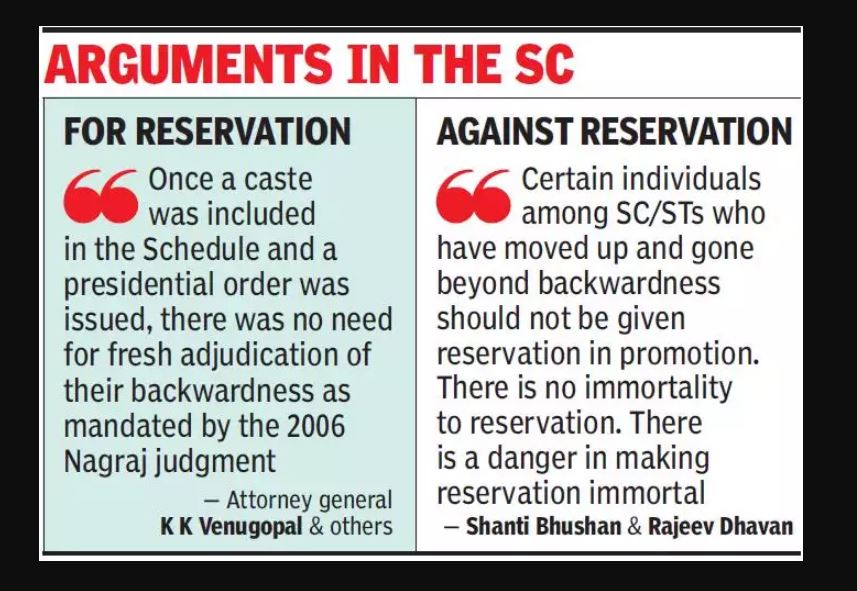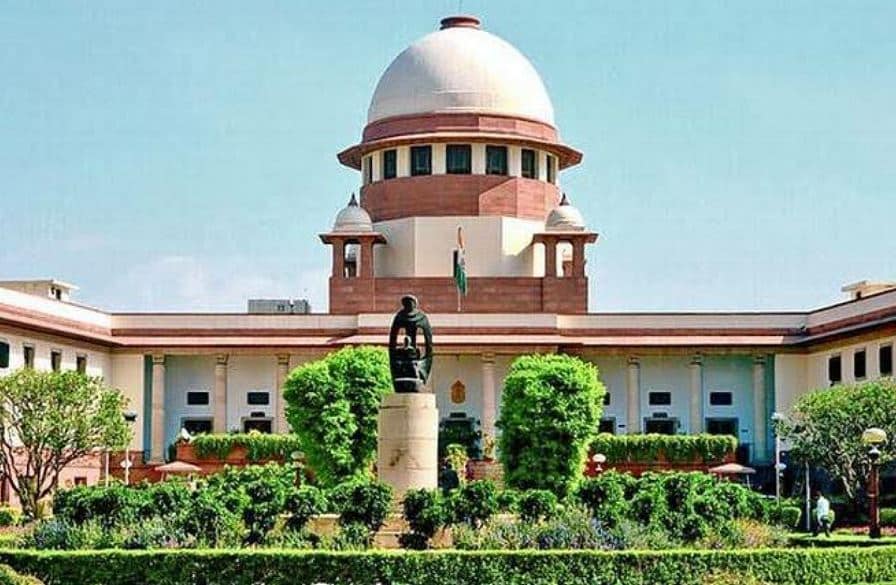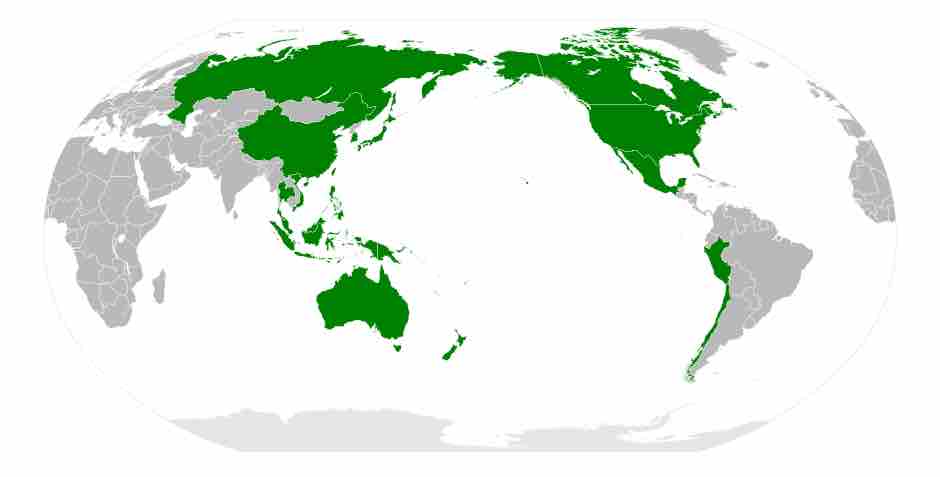Table of Contents
Reservation in India Advantages and Disadvantages
The system of reservation in India consists of a series of measures, such as reserving access to seats in the various legislatures, to government jobs, and to enrollment in higher educational institutions. The reservation nourishes the historically disadvantaged castes and tribes, listed as Scheduled Castes and Scheduled tribes (SCs and STs) by the Government of India, also those designated as Other Backwards Classes (OBCs) and also the economically backward general. The reservation is undertaken to address the historic oppression, inequality, and discrimination faced by those communities and to give these communities a place. It is intended to realise the promise of equality enshrined in the Constitution.
Achievements of Reservation Policy (Advantages ) | UPSC IAS | PCS
- Reservations are a political necessity in India, for giving due representation to all sections.
- Although Reservation schemes do undermine the quality of education but still Affirmative Action has helped many if not everyone from under-privileged and/or under-represented communities to grow and occupy top positions in the world’s leading industries.
- Reservation schemes are needed to provide social justice to the most marginalized and underprivileged which is their human right.
- Meritocracy is meaningless without equality. First all people must be brought to the same level, whether it elevates a section or decelerates another, regardless of merit.
- Reservations have only slowed down the process of “Forward becoming richer and backward becoming poorer”.
Negative fallouts of Reservation Policy (Disadvantages) | UPSC IAS | PCS
- Reservation is similar to internal partition because in addition to being a form of ethnic discrimination, it also builds walls against inter-caste and inter-faith marriages.
- Reservations are the biggest enemy of meritocracy. By offering reservation through relaxed entry criteria, we are fuelling inflation of moderate credentials as opposed to the promotion of merit based education system, which is the foundation of many progressive countries. Meritocracy should not be polluted by injecting relaxation of entry barriers, rather should be encouraged by offering financial aids to the underprivileged although deserving candidates only. Today the IITs and IIMs hold a high esteem in the global scenario due to their conservation of merit.
- Caste Based Reservation only perpetuates the notion of caste in society, rather than weakening it as a factor of social consideration, as envisaged by the constitution. Reservation is a tool to meet narrow political ends, by invoking class loyalties and primordial identities.
- Affirmative Action can be provided at a more comprehensive level taking into account various factors of exclusion such as caste, economic conditions, gender, kind of schooling received etc. A comprehensive scheme of Affirmative Action would be more beneficial than reservations in addressing concerns of social justice.
- The benefits of reservation policy have largely been appropriated by the dominant class within the backward castes, thereby the most marginalised within the backward castes have remained marginalised. It has been observed that mostly the beneficiaries of reservation have been the children of the highest paid professionals and high rank public officials.
- Poor people from “forward castes” do not have any social or economic advantage over rich people from backward caste. In such a case, discriminating against the “forward caste” goes counter to the logic of reservation. It would create another “backward class” some years down the line. This ‘perceived’ injustice breads frustration and apathy in the society. The recent protests demanding quotas by some of the forward castes, in Gujarat and Rajasthan, is the testimony to this fact. For example, in Tamil Nadu, forward castes were able to secure only 3% of total seats (and 9% in Open Competition) in professional institutions at Undergraduate level as against their population percentage of 13%. This is a clear case of reverse discrimination.
Conclusion and Analysis Reservation policy in India | UPSC IAS | PCS
- The issue of reservation has remained a cause of disagreement between the reserved and the non- reserved sections of the society. While the unreserved segments, keep on opposing the provision, the neediest sections from within the reserved segments are hardly aware about how to get benefited from the provision or even whether there are such provisions.
- On the contrary, the creamy layer among the same segment is enjoying special privileges in the name of reservation and political factions are supporting them for vote banks.
- Reservation is no doubt good, as far as it is a method of appropriate positive discrimination for the benefit of the downtrodden and economically backward Sections of the society but when it tends to harm the society and ensures privileges for some at the cost of others for narrow political ends, as it is in the present form, it should be done away with, as soon possible.
- It is time we address the challenge of reservations honestly, openly, fairly and innovatively. We cannot bury our heads in the sand forever like an ostrich.
Brief Summary | UPSC – IAS
The Reservation Policy in India has both positive and negative implications. While it provides representation for underprivileged communities, it has led to a political division and hindered social progress. The policy’s benefits have often been exploited by the affluent within backward castes, leaving the most marginalized still marginalized. This has sparked protests and debates, questioning the policy’s fairness. Despite its noble intent, the system’s implementation lacks transparency and effectiveness, serving as a tool for political gains. It’s essential to reevaluate the Reservation Policy, ensuring it remains a genuine mechanism for uplifting the disadvantaged, rather than perpetuating division and injustice.
Multiple Choice Questions | UPSC – IAS
1. What is the primary purpose of the Reservation Policy in India?
a) To create divisions among different sections
b) To promote inter-caste and inter-faith marriages
c) To provide equal representation to all sections
d) To hinder the growth of underprivileged communities
Explanation: The primary purpose of the Reservation Policy is to provide equal representation to all sections of society.
2. How does the Reservation Policy impact meritocracy?
a) It encourages merit-based education
b) It supports the principles of meritocracy
c) It hinders the growth of moderate credentials
d) It promotes the selection of deserving candidates only
Explanation: The Reservation Policy has been criticized for hindering the growth of moderate credentials, which can affect the principle of meritocracy.
3. According to the information provided, what is one of the negative consequences of Caste Based Reservation?
a) Weakening of caste-based considerations
b) Promotion of equality among different castes
c) Reinforcement of caste divisions in society
d) Elimination of social injustices
Explanation: Caste Based Reservation perpetuates the notion of caste in society, reinforcing its divisions rather than weakening them.
4. How has the Reservation Policy impacted marginalized communities within the backward castes?
a) It has uplifted the most marginalized individuals
b) It has failed to benefit the most marginalized within the backward castes
c) It has eradicated caste-based discrimination completely
d) It has improved the economic conditions of all backward castes equally
Explanation: The most marginalized within the backward castes have often not received the full benefits of the Reservation Policy, as it has been appropriated by the dominant class within these castes.
5. What social issue has arisen due to the Reservation Policy, according to the information provided?
a) Increased cooperation among different sections
b) Enhanced social justice for all communities
c) Frustration and apathy among the forward castes
d) Elimination of backward classes from society
Explanation: The Reservation Policy has led to frustration and apathy among some forward castes, leading to protests demanding quotas, as described in the information.











